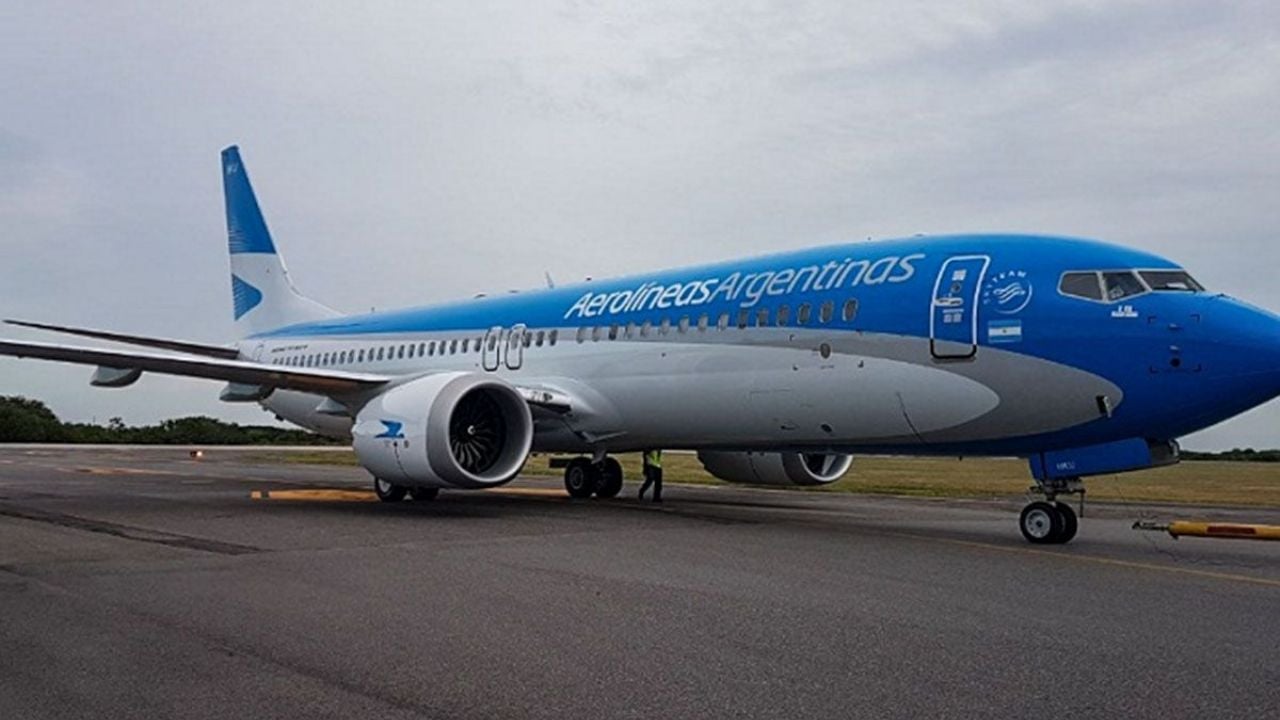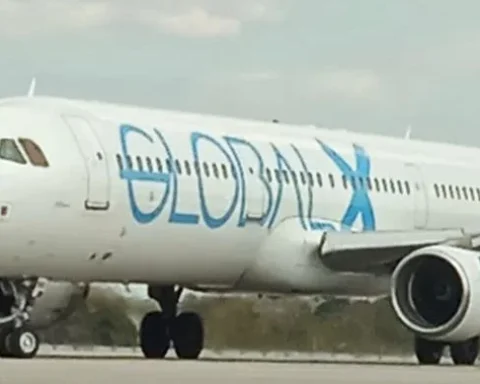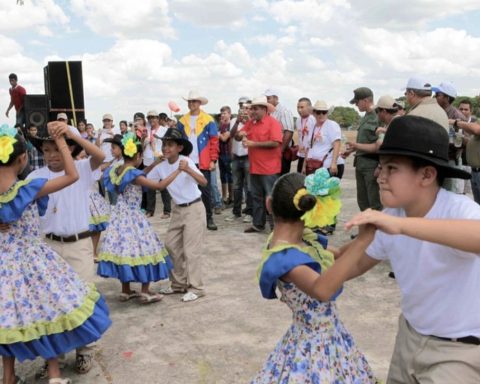The dispute between the Government The unrest between the aeronautical unions and the airlines has escalated significantly in recent days, creating a climate of tension and uncertainty in the sector. This conflict, which initially arose over salary issues, has evolved into a broader confrontation involving criminal charges, strikes and accusations of deregulation and privatization.
The conflict began in mid-August, when the aeronautical unions began to take action to demand wage improvements and working conditions. However, the situation with the Government has been aggravated by the lack of negotiation and the adoption of increasingly confrontational positions by both parties.
This Thursday, employees of the National Civil Aviation Agency (ANAC) affiliated with the Association of State Workers (ATE) will carry out a strike in 27 airports across the country. This strike is the first since the “essentiality” of air service was regulated, which obliges unions to guarantee a minimum of 50% of services during protests.
At the same time, the Minister of Security, Patricia Bullrich, filed a criminal complaint against Pablo Biró, secretary general of the Association of Airline Pilots (APLA), for alleged extortion threats.

According to the complaint, Biró’s statements, in which he warned that the conflict “is going to get worse,” could constitute an illegal act under the crime of extortion threats. Another critical aspect of the conflict is the pressure exerted by unions to force the resignation of the Operations Manager of Aerolíneas Argentinas, who is responsible for all daily flights.
The unions accuse the Government of trying to deregulate and privatise the state airline, which they say could lead to its “self-inflicted closure”. The government, for its part, has made progress in deregulating air activity.

Measures
Through resolution 326/2024, ANAC approved a new regulation that allows any airline or private company to provide ramp or handling services, breaking the monopoly that was previously held by the state-owned company Intercargo.
This measure has been interpreted by the unions as a step towards the privatization of Aerolíneas Argentinas. The conflict with the Government has generated great uncertainty among passengers, who fear cancellations and delays to their flights.


















